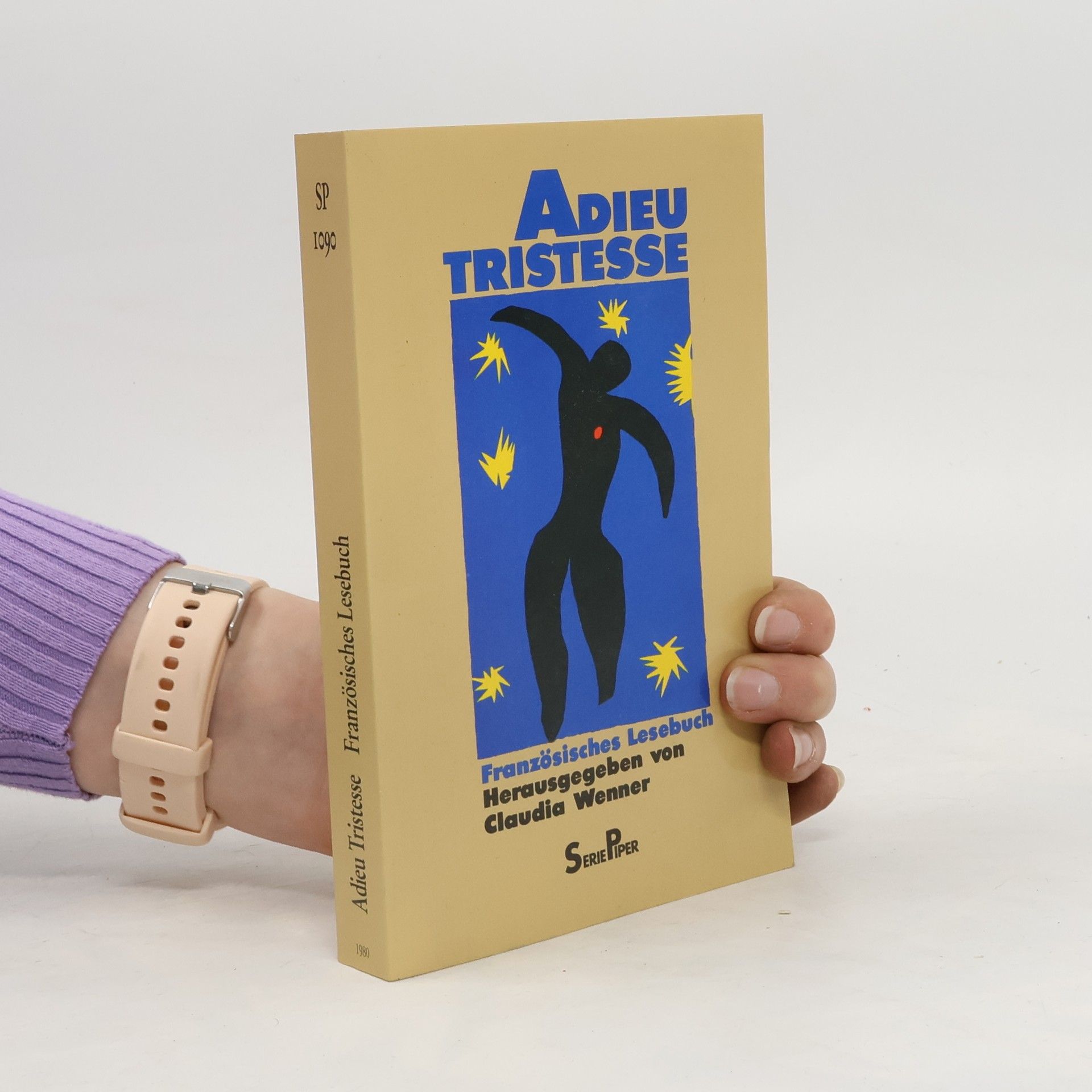In "Eisberge" von Rebecca Johns kämpfen Walter und Al, die einzigen Überlebenden eines Bomberabsturzes in Kanada 1944, ums Überleben. Währenddessen kämpft Walts Frau Dottie mit Einsamkeit und einer verbotenen Anziehung. Der Roman thematisiert Liebe, Untreue und die Verflechtung der Lebenslinien beider Familien.
Claudia Wenner Knihy





Die Geister Indiens
- 464 stránek
- 17 hodin čtení
Indien - wir kennen die orientalische Pracht seiner Bauwerke, den farbigen Wirbel seiner Küche, den spirituellen Glanz seiner Lehren, die tosenden Tänze Bollywoods. Das Indien der Maharadschas und der Kolonialstationen in den Teehügeln existiert aber zwischen Megastädten und Elendsvierteln - und hier wird die Schlacht entschieden werden, die den Subkontinent neben China zur wichtigsten Wirtschaftsmacht unseres Jahrtausends macht. Die beste Software-Ingenieure der Welt stammen aus einem Land, das von Archaik und Kastenwesen, von Religionszwist und Religionshass geprägt ist. §§Diesen Widersprüchen geht Claudia Wenner in ihrer Anthologie nach. Anhand von literarischen Texten der großen Autoren wie Rohinton Mistry, Arundhati Roy, Salman Rushdie, Vikram Seth und von Zeitungsessays sowie Internetartikeln entsteht ein Kaleidoskop, das dem Alltag Indiens in all seinen Dimensionen nachspürt. Claudia Wenner schreibt seit Jahren für die Neue Zürcher Zeitung über Indien und ist eine genaue Kennerin der Entwicklungen, Debatten und Chancen. Es wird die lebendigste Anthologie aus und zu Indien.
In sixty-eight years, Valeria has never minced her words. Harrumphing through her isolated little village deep in the Hungarian steppes, she clutches her shopping basket like a battering ram and leaves nothing uncriticised - flaccid vegetables at the market; idle farmers carousing in Ibolya's Nonstop Tavern; that gauche chimpanzee of a mayor and his flashy, leggy wife; people who whistle. But one day, her spinster's heart is struck by an unlikely arrow- the village potter, with his decisive hands and solid gaze. Valeria finds herself suddenly dressing in florals and touching her hair, and what's more, smiling at people in the street. The potter makes her the most beautiful vase she has ever seen. The farmers buy a celebratory round. The problem with all this is that Ibolya (herself at least fifty-eight) has been romancing the potter for months and vows to win him back. And then there's Ferenc, the sugar beet farmer, red-headed and married but all the same hopelessly in love with Ibolya. Meanwhile the mayor has his own problems, mostly involving foreign investors and a non-existent railway. And then a roving chimney sweep arrives in the village, to make a quick buck and bring some good luck - or perhaps bad luck; no one can really decide. All anyone knows is, there's never been such a hullabaloo, which just goes to show it's never too late to try something new.
Zaki has arrived back in Lahore to celebrate the wedding of his childhood friend & elder cousin Samar. Amidst the preparations in the house in which he grew up, Zaki revisits the past - his childhood as a fatherless boy growing up in a household of outspoken women & his & Samar's intertwined journeys from youth to adulthood.
Adieu Tristesse
- 370 stránek
- 13 hodin čtení